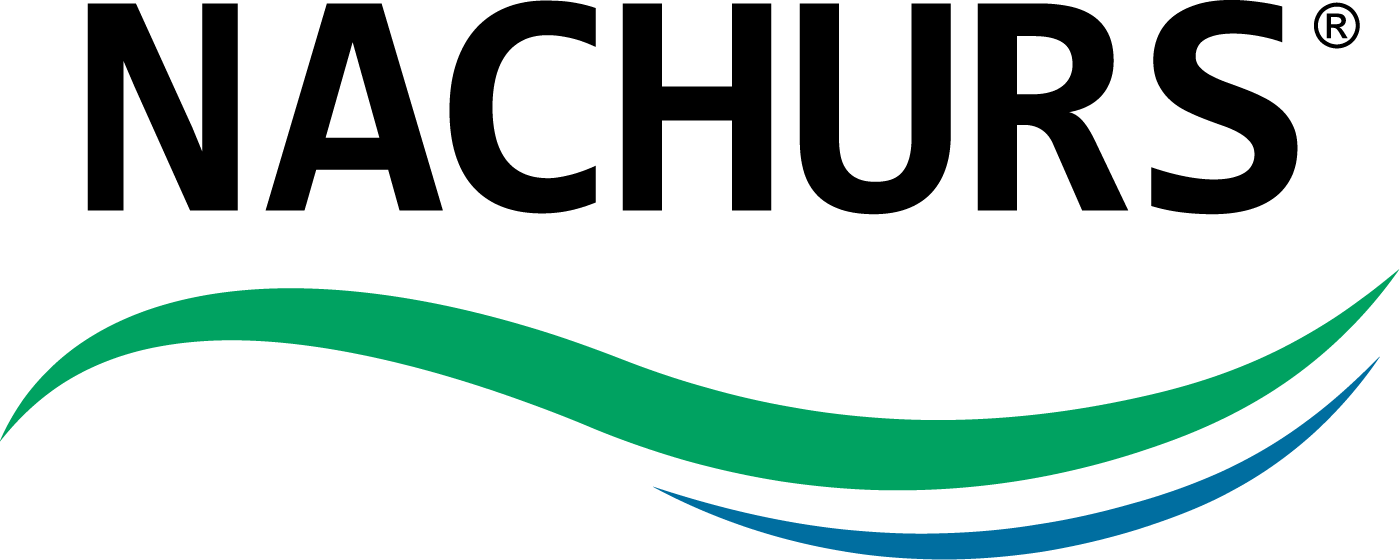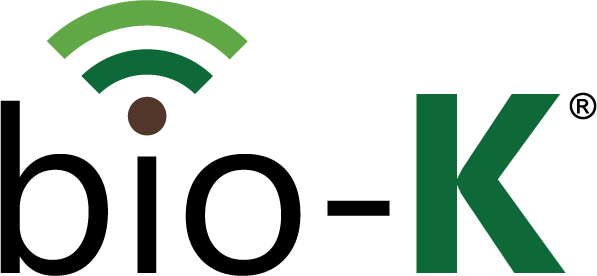The NACHURS Tool Box in the Garden State
Many of you have heard me speak about the NACHURS TOOL BOX before and the value within. The value of having the “right” high quality product out of many that one can choose from to achieve the desired result. A great example of this is work that we are doing this year in New Jersey. Now if you have never been in New Jersey you must know that there is a reason that it is called the Garden State. Many of us, particularly in the heartland, forget that our tiny neighbor to the east, New Jersey, is carpeted with a blanket of growth consisting of over 9800 farms making up nearly 800,000 acres of varied production. New Jersey and its growers supply the Eastern United States with crops such as Corn, Soybeans, Wheat and Hay and specialty crops such as Potatoes, Tomatoes, Peppers, Strawberries, Spinach, Head Lettuce, Squash, Cranberries, Melons, Apples, Peaches and so much more. Even though it has the feel of an island, being partially boarded by the Delaware River on the west side and then the Atlantic Ocean on the east side, you would never know it traveling the countryside. Beautiful as it is New Jersey isn’t without its production challenges. Sandy, pebbly soils in an environment with elevated rainfall and high evapotranspiration tends to leave soils heavy-laden with less soluble nutrient components, lower nutrient levels in some cases and lower soil organic matter. That’s where NACHURS and our team of experts come in. A great example of this is the farm of Benny Tomarchio. Benny began farming with his father at an early age of 10, the Tomarchios, at that time, produced sweet potatoes, process tomatoes, eggplant, sweetcorn, melons, cucumbers and squash for the local market and processors. In 1995 Campbell Soup pulled out of the state and the farm took on an evolution of its own. Benny took over the management of the farm while the production was refocused to grape tomatoes so for the last 22 years Mr. Tomarchio has been specializing in grape tomatoes, delivering to customers a tomato product superior in quality. When asked, Benny, a midsized local boy, proudly comments that his production is second only to a resident international producer. When we sat down with Benny during the discovery process, we found that his use of conventional fertilizer products through the years have left him somewhat deficient in some nutrients, particularly phosphorus, the key to plant energy. Phosphorus deficiency can lead to loss of plant vigor, fewer fruit and a decrease in overall production. Coupled with the low phosphorus is the ever present challenge in tomatoes, calcium and potassium. So our focus was clear; based on his soil test and Mr. Tomarchio’s production goals, build him a complete program with added support on phosphorus levels and with a focus on calcium, potassium and microelements. After a partial base of dry fertilizer placed before building the beds, we used our NACHURS Rhyzo-Link products in the transplant solution and the balance of the nutrient was supplied with NACHURS Premium Products though the drip irrigation and foliar applications. Weekly tissue tests were performed and minor adjustments to the program were made to accommodate plant structure development and the heavy fruit load. I knew that we had met the challenge when I received a call early in the season explaining that Mr. Tomarchio had to pull everyone available in his operation to assist the harvesting crews in picking the abundant crop. Great yield, sound fruit with bright color, we had met our objective! We enjoyed a bountiful harvest for some time until midseason when the temperature turned cool, cloudiness persisted, the rains set in and production slowed. When asked about the slowdown that his state was experiencing he said that he felt that his production would have suffered more had he not used NACHURS fertilizer and production methods. Mr. Tomarchio went on to comment that “you’re not cheap but I used less fertilizer than normal, I’m placing it where I need it and when the plant wants it; I’m looking forward to seeing if we can duplicate our success next growing season!” The Tomarchio production is assisted by our local dealer Turkey Creek Farms. Timothy Eachus and his families’ operation support our New Jersey growers with product and services such as those experienced by Mr. Tomarchio. NACHURS products, good support and good producers are what feed our nation; together we provide quality food sources to fuel future growth for generations to come.

Many of you have heard me speak about the NACHURS TOOL BOX before and the value within. The value of having the “right” high quality product out of many that one can choose from to achieve the desired result.
A great example of this is work that we are doing this year in New Jersey. Now if you have never been in New Jersey you must know that there is a reason that it is called the Garden State. Many of us, particularly in the heartland, forget that our tiny neighbor to the east, New Jersey, is carpeted with a blanket of growth consisting of over 9800 farms making up nearly 800,000 acres of varied production.
New Jersey and its growers supply the Eastern United States with crops such as Corn, Soybeans, Wheat and Hay and specialty crops such as Potatoes, Tomatoes, Peppers, Strawberries, Spinach, Head Lettuce, Squash, Cranberries, Melons, Apples, Peaches and so much more. Even though it has the feel of an island, being partially boarded by the Delaware River on the west side and then the Atlantic Ocean on the east side, you would never know it traveling the countryside.
Beautiful as it is New Jersey isn’t without its production challenges. Sandy, pebbly soils in an environment with elevated rainfall and high evapotranspiration tends to leave soils heavy-laden with less soluble nutrient components, lower nutrient levels in some cases and lower soil organic matter. That’s where NACHURS and our team of experts come in.
A great example of this is the farm of Benny Tomarchio. Benny began farming with his father at an early age of 10, the Tomarchios, at that time, produced sweet potatoes, process tomatoes, eggplant, sweetcorn, melons, cucumbers and squash for the local market and processors. In 1995 Campbell Soup pulled out of the state and the farm took on an evolution of its own. Benny took over the management of the farm while the production was refocused to grape tomatoes so for the last 22 years Mr. Tomarchio has been specializing in grape tomatoes, delivering to customers a tomato product superior in quality. When asked, Benny, a midsized local boy, proudly comments that his production is second only to a resident international producer.
When we sat down with Benny during the discovery process, we found that his use of conventional fertilizer products through the years have left him somewhat deficient in some nutrients, particularly phosphorus, the key to plant energy.
Phosphorus deficiency can lead to loss of plant vigor, fewer fruit and a decrease in overall production. Coupled with the low phosphorus is the ever present challenge in tomatoes, calcium and potassium. So our focus was clear; based on his soil test and Mr. Tomarchio’s production goals, build him a complete program with added support on phosphorus levels and with a focus on calcium, potassium and microelements.
After a partial base of dry fertilizer placed before building the beds, we used our NACHURS Rhyzo-Link products in the transplant solution and the balance of the nutrient was supplied with NACHURS Premium Products though the drip irrigation and foliar applications. Weekly tissue tests were performed and minor adjustments to the program were made to accommodate plant structure development and the heavy fruit load.
I knew that we had met the challenge when I received a call early in the season explaining that Mr. Tomarchio had to pull everyone available in his operation to assist the harvesting crews in picking the abundant crop. Great yield, sound fruit with bright color, we had met our objective!
We enjoyed a bountiful harvest for some time until midseason when the temperature turned cool, cloudiness persisted, the rains set in and production slowed. When asked about the slowdown that his state was experiencing he said that he felt that his production would have suffered more had he not used NACHURS fertilizer and production methods.
Mr. Tomarchio went on to comment that “you’re not cheap but I used less fertilizer than normal, I’m placing it where I need it and when the plant wants it; I’m looking forward to seeing if we can duplicate our success next growing season!”
The Tomarchio production is assisted by our local dealer Turkey Creek Farms. Timothy Eachus and his families’ operation support our New Jersey growers with product and services such as those experienced by Mr. Tomarchio.
NACHURS products, good support and good producers are what feed our nation; together we provide quality food sources to fuel future growth for generations to come.
 |
 |
 |
 |












